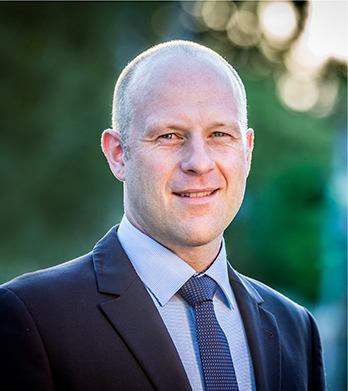Raw Materials and advanced materials are essential for EU Industrial Ecosystems. They are a key enabler for the Green Transition. However, EU materials supply chains often lack diversification and transparency, which leads to a lack of competition and sustainability standards. There is an opportunity to grow industrial capacity to implement a Circular Economy of emerging technologies and to benefit from a growing materials market to create economic growth and new jobs. This is particularly evident for the growing battery sector, but also the production of rare earth permanent magnets used in high energy efficient electric motors and generators. EIT RawMaterials manages the the European Raw Materials Alliance – ERMA – which aims to develop resilient value chains for EU industrial ecosystems; to reduce dependency on primary critical raw materials; to strengthen domestic sourcing of raw materials in the EU; and to diversify sourcing from third countries and remove distortions to international trade. ERMA follows two major workstreams, i) a stakeholder consultation process to identify and address regulatory bottlenecks, and ii) the establishment of a Raw Materials Investment Platform. Two Clusters have been defined: Rare Earth Magnets and Motors, as well as Materials for Energy Storage and Conversion. ERMA involves stakeholders from industry, research organisations, universities, associations, NGOs, trade unions, financial institutions, and national authorities and ministries.
